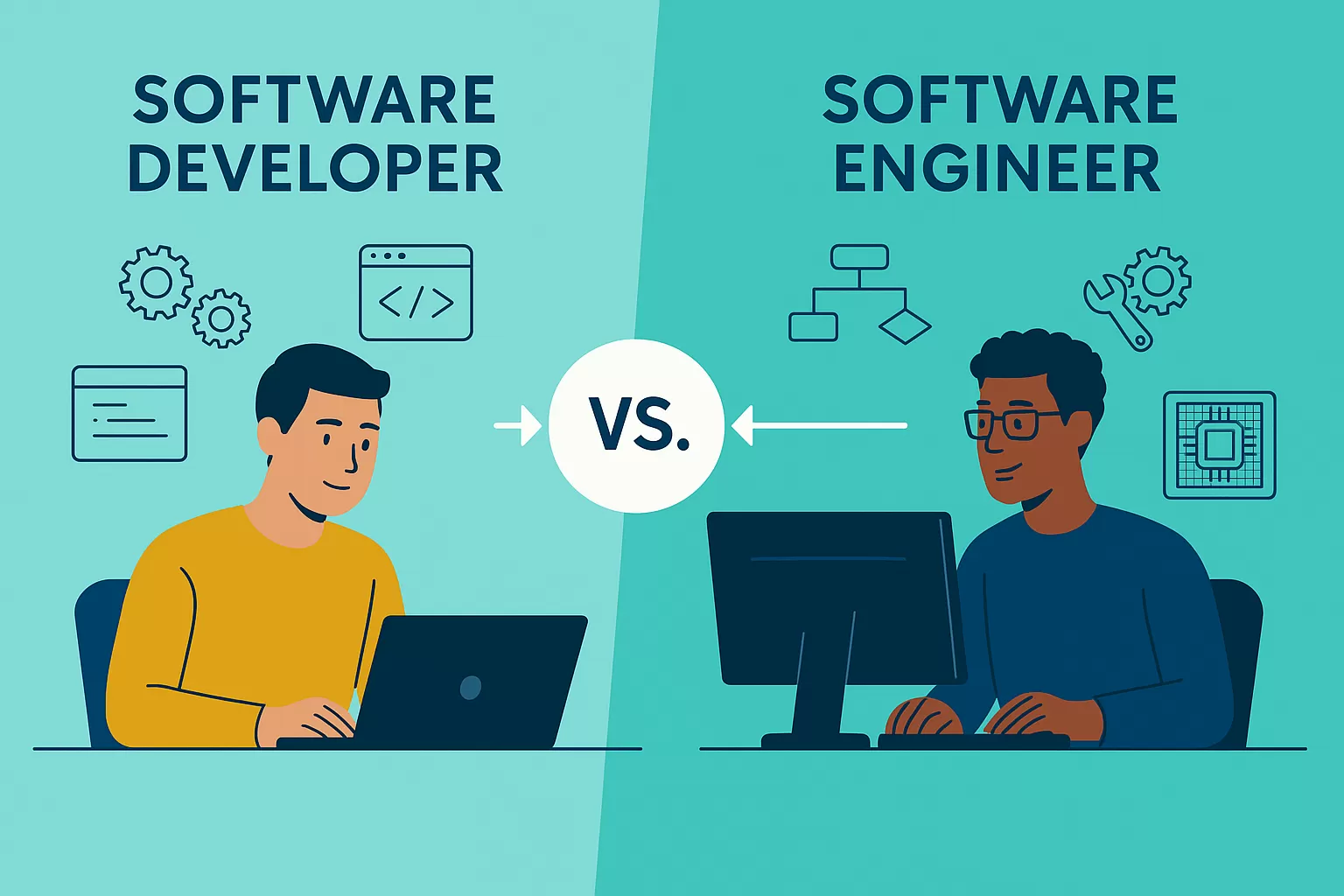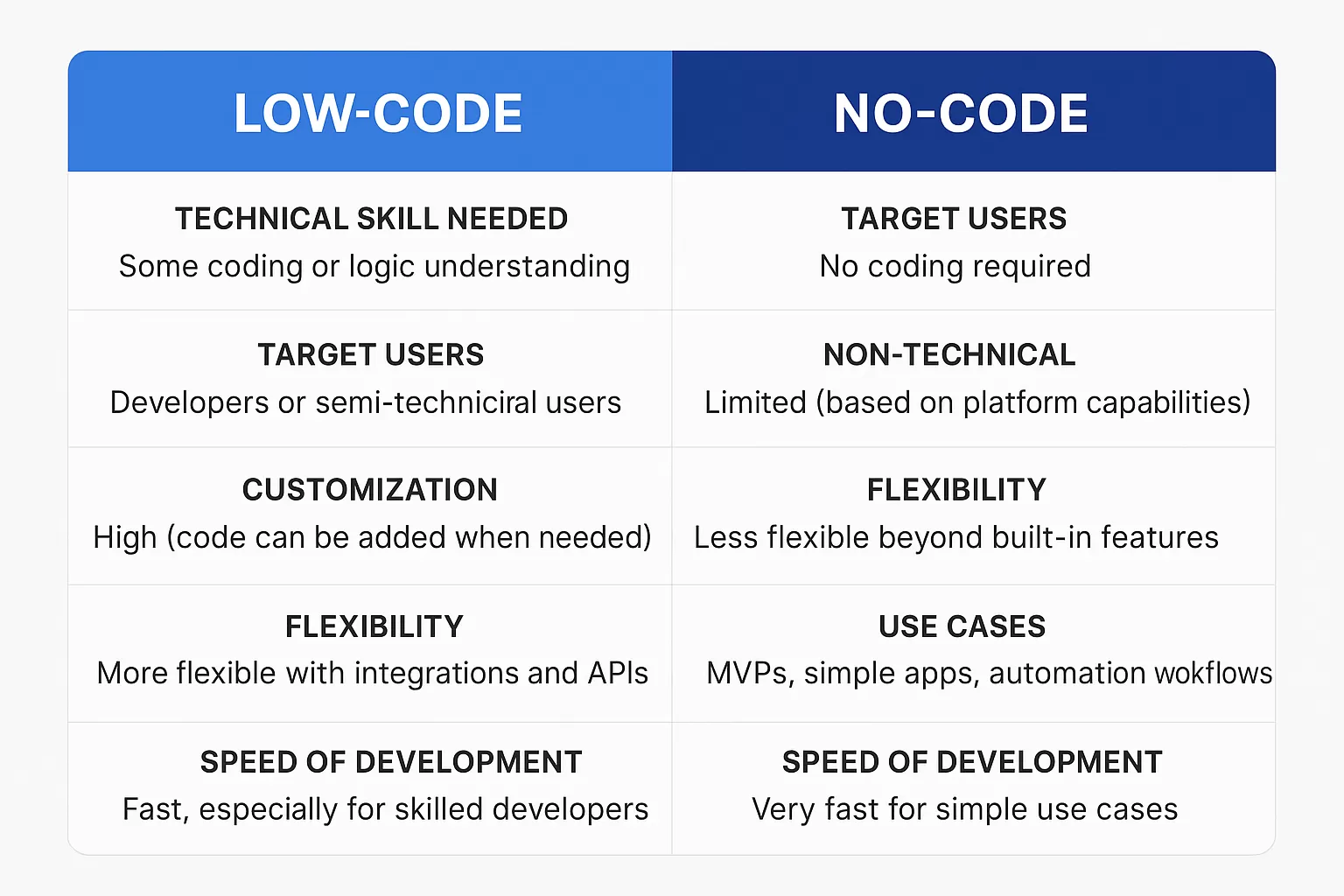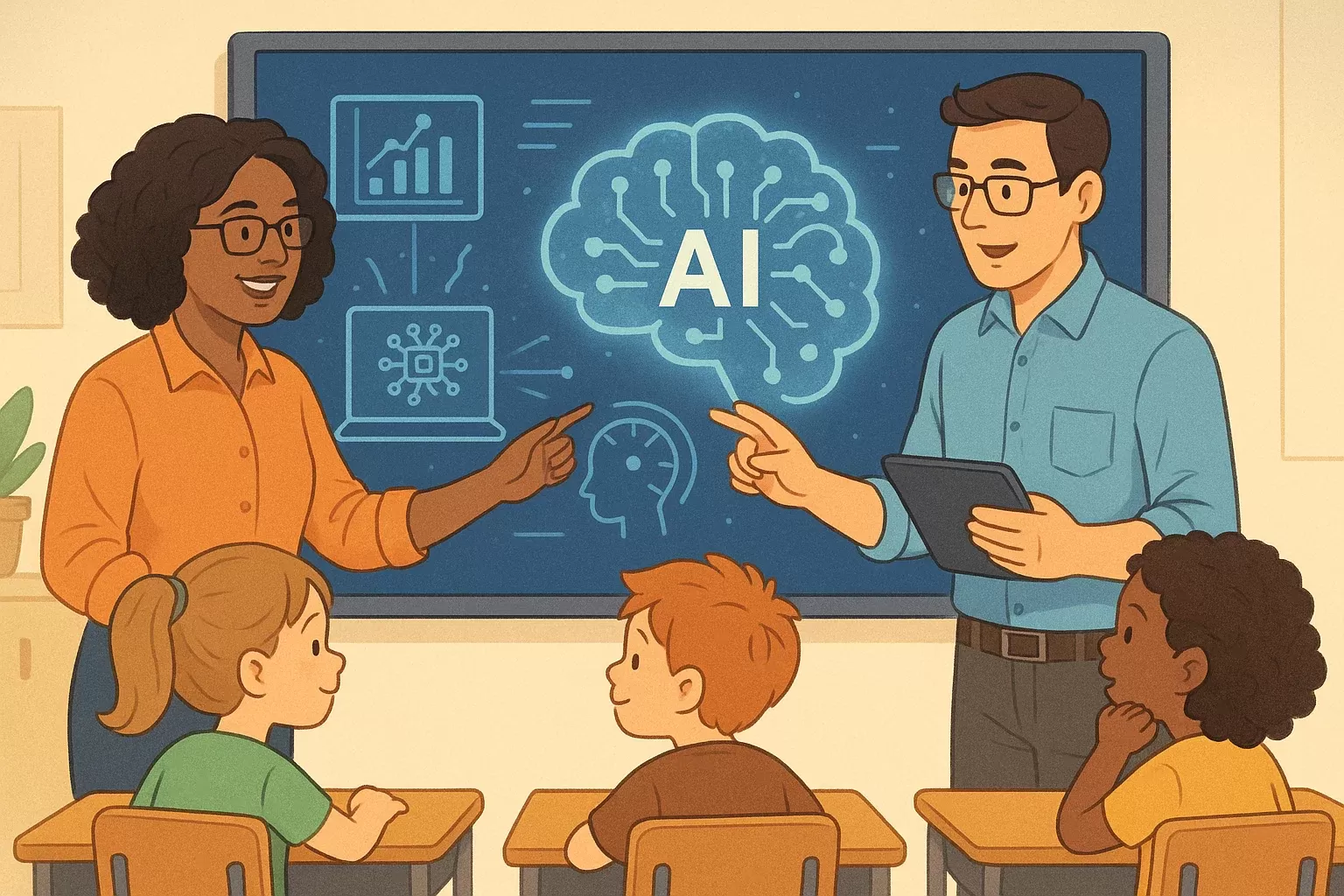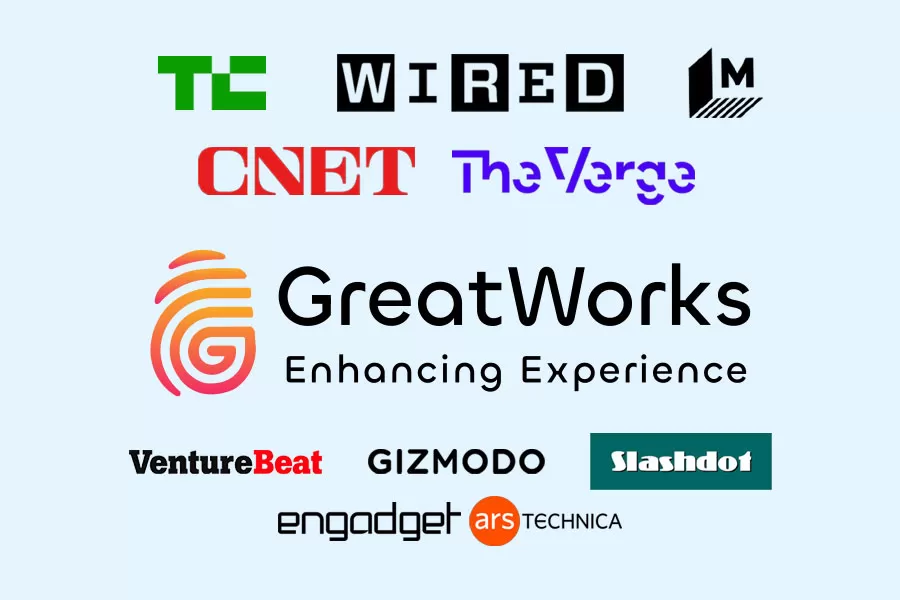
- Services .
- Industries .
- Company .
Explore detailed insights, expert opinions, and updates in our blog. Stay informed, discover new perspectives, and enhance your knowledge with every read.

“Digital transformation” is more than just a buzzword—it's a necessity. In today’s fast-paced, technology-driven economy, businesses that fail to embrace digital change risk falling behind.
But what exactly is digital transformation? Why is it such a big deal? And how does it affect companies, employees, and customers?
This blog cuts through the jargon to provide truthful, clear, and practical insights into digital transformation—what it means, why it matters, and how companies can approach it successfully.
Digital transformation is the strategic integration of digital technologies into all areas of a business, fundamentally changing how it operates, delivers value, and interacts with customers.
It’s not just about adopting new tools—it’s about rethinking:
· Business models
· Internal processes
· Customer experiences
· Company culture
In short: Digital transformation is about using technology to become faster, smarter, and more competitive.
Replacing outdated systems with modern digital solutions like:
· Cloud computing (AWS, Azure, Google Cloud)
· Automation tools (RPA, AI/ML)
· CRM/ERP software (Salesforce, SAP)
· Cybersecurity frameworks
Employees must adapt to a mindset of agility, innovation, and continuous learning. Resistance to change is often the biggest barrier to success.
Companies often need to rethink inefficient processes and workflows. Digitization helps reduce manual tasks, improve speed, and reduce errors.
Digital transformation puts the customer at the center. Businesses use data analytics, AI, and digital channels to personalize and enhance the user experience.
Companies that don’t evolve digitally often lose market share to tech-savvy competitors or startups with digital-first models.
Digitally mature businesses adapt faster to changes—whether it's market shifts, new regulations, or global events like pandemics.
Digital tools reduce redundancy, save time, and optimize costs across departments—especially in operations, finance, HR, and supply chains.
Today’s customers expect convenience, speed, personalization, and 24/7 access—only digital channels can deliver that consistently.
The truth? Everyone.
Whether you’re a:
· Bank modernizing its customer services
· Manufacturer automating supply chains
· Retailer moving to e-commerce
· Healthcare provider improving patient care with telemedicine
Digital transformation is critical across all industries.
Digital transformation isn’t easy. Common challenges include:
· Legacy systems and outdated infrastructure
· Resistance to change from staff
· Lack of digital skills
· High initial investment costs
· Data privacy and cybersecurity risks
The key is having strong leadership, a clear strategy, and the right partners.
1. Start with a Vision: Know what you want to achieve—efficiency, growth, better customer experience?
2. Build a Digital Roadmap: Break the journey into phases—prioritize quick wins.
3. Involve Employees: Provide training, support, and a culture that embraces innovation.
4. Invest in the Right Tools: Use scalable, secure technologies.
5. Track Progress with KPIs: Measure ROI, productivity, user adoption, etc.
· Netflix: Transformed from a DVD rental service to a streaming and content production giant.
· Domino’s Pizza: Reinvented itself as a tech-driven delivery company with app-based ordering and real-time tracking.
· Adobe: Shifted from selling software licenses to a subscription-based SaaS model (Creative Cloud).
Modern digital transformation leverages technologies like:
· AI & Machine Learning: Predictive analytics, chatbots, recommendation engines
· IoT (Internet of Things): Smart factories, remote monitoring
· Blockchain: Secure supply chains, digital identity
· 5G: Faster, more reliable mobile connectivity
· Cloud Computing: Scalable, on-demand infrastructure
Digital transformation is no longer optional—it’s essential. It’s not just about adopting technology, but rethinking how your business operates, innovates, and grows in a digital-first world.
It’s a journey, not a one-time event. With the right mindset, tools, and leadership, any organization—large or small—can thrive through transformation.
At GreatWorks Technologies, we help startups and enterprises design, build, and implement digital strategies that drive real results.
From modern web apps and mobile solutions to enterprise automation and AI—we turn your vision into reality.
👉 Get in touch today to start your digital transformation journey.

Software Developer vs. Software Engineer: What’s the Difference?

Low-code vs. no-code app development

Top Challenges in Enterprise Application Development & Their Solutions

Complete SaaS Application Development Guide 2025

How Programming Outsourcing Works in 2025

The Psychologist Improving Education with AI Tools

How ChatGPT Saves Teachers 3–10 Hours Every Week

Empowering Financial Services with Advanced Technology

Space Debris Crisis: The Silent Threat Above Earth

Top Tech Blogs for 2025: Founders, Facts & Insights